Click to read the article in Turkish
According to a news report by Reuters, Turkey has been withdrawing its troops from its observation post Morek in northwest Syria.
Political scientist Assoc. Prof. Erhan Keleşoğlu has spoken to bianet about this recent development as well as the latest situation in Turkey's neighboring country of Syria amid years-long civil war, which has been rather overshadowed by the pandemic over the past year.
How do you see Turkey's 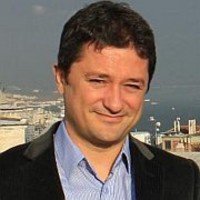 decision to withdraw its troops from the observation post at Morek? How would you like to comment on it?
decision to withdraw its troops from the observation post at Morek? How would you like to comment on it?
There were pro-Assad militia in the region. They were logistically supported thanks to the Russians.
It was already not sustainable in the very beginning. As far as we could understand, they were important as bargaining chips at the table, but they had no sustainability.
Apparently, limits have been reached about this and the forces affiliated with the Turkish Armed Forces (TAF) had to withdraw from the observation posts.
Because in terms of logistic support, Russians have their hands in the region. Moreover, we saw that civilians in these regions -most probably with Assad's support- protested around the observation posts.
These persons were intervened in with pepper gas and these footage was even shared by news agencies.
Therefore, it seems that this crisis has come to an end.
'They took some kind of a break amid pandemic'
In this years-long war, the world has also seen "proxy wars." Which side do you think seems closer to winning?
We cannot comment on this for the time being. The political situation that prevailed in the last months, even before the pandemic is still in place. On the one side, the Democratic Syrian Democratic Forces (SDF) are still present beyond the Euphrates River.
Even though they have been seriously undermined by the Operation Peace Spring, there is still a US and Russia presence.
We see that the patrols of two countries always come up against each other.
In terms of influence, there is a conflict between the sides; however, no decrease or increase in their power or any change in their position is in sight.
In other words, the sides have made some kind of a break in Syria during the pandemic. Therefore, there is no radical change.
Civil war in numbersThe civil war in Syria led at least 5.6 people to become refugees, 6 million 100 thousand people were internally displaced. (In comparison with this March 2018 data, the numbers have increased by at least 700 thousand people since then." At least 13 million people, including 6 million children, are in need of humanitarian aid. More than half of the hospitals, clinics and private health centers cannot work or have been seriously damaged. |
'Caesar Act puts Assad in a tight spot'
What about the gains of the Assad government?
His borders have also been overstepped. There are hundreds of thousands of people who have taken refuge in İdlib region due to internal migration. It is feared that these people will trigger another migration wave.
Both the European Union (EU) and Turkey fear this. The presence of the Turkish Armed Forces (TAF) in the region should also be associated with it.
On the other side, the jihadist forces still have presence in the area.
So, yes, the Assad regime is in a better position when compared to three or four years ago and, yes, he has reinforced his presence. However, he is faced with a really serious economic crisis.
Especially with the imposition of the US sanctions called "Caesar Act", the economic deterioration in Lebanon and, to top it all, the outbreak of the pandemic, the economy of Syria has collapsed.
They are in really serious economic dire straits.
So, the resources of Russia and Iran are limited and Assad is faced with a great hardship, especially in terms of economy.
What is the "Caesar Act"?The Caesar Syria Civilian Protection Act, also known as the Caesar Act, is the US legislation that sanctions the Syrian government, including Syrian president Bashar al-Assad, for war crimes against the Syrian population. The Act was signed into law by President Trump in December 2019, and came into force on June 17, 2020. On this day, the US imposed sanctions on 39 members of the Bashar al-Assad regime, including Assad and his wife. This bill is named after an individual known as Caesar, who documented torture against civilians by Assad's government, which was to become known as the 2014 Syrian detainee report or Caesar Report. |
'Armed forces scattered from Libya to Karabakh'
Lastly, when we look at the foreign policy, Turkey's focus is now on the Karabakh region and Eastern Mediterranean. Can we say that Syria is now a bit in the background for Turkey?
Yes, it can be said. The withdrawal of troops from the observation post can be described as an attempt to reduce the risks there. Turkish Armed Forces (TAF) have been quite scattered, extending from Libya to Karabakh.
So, we can say that there is an attempt to reduce the risks. (PT/SD)




.jpg)
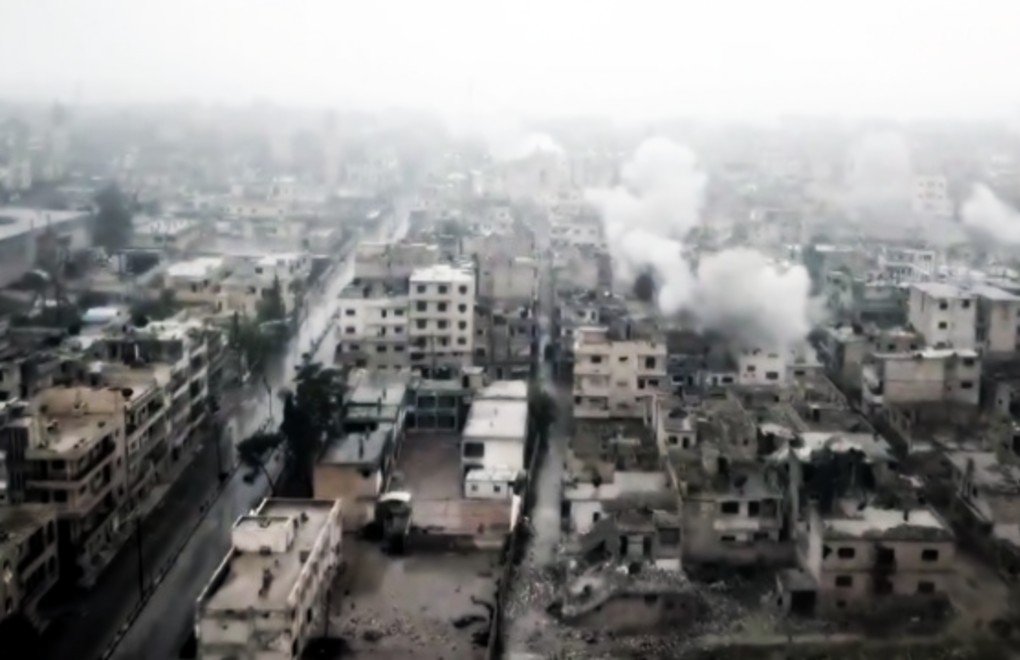
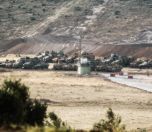
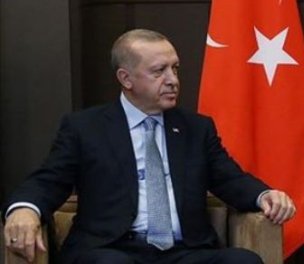


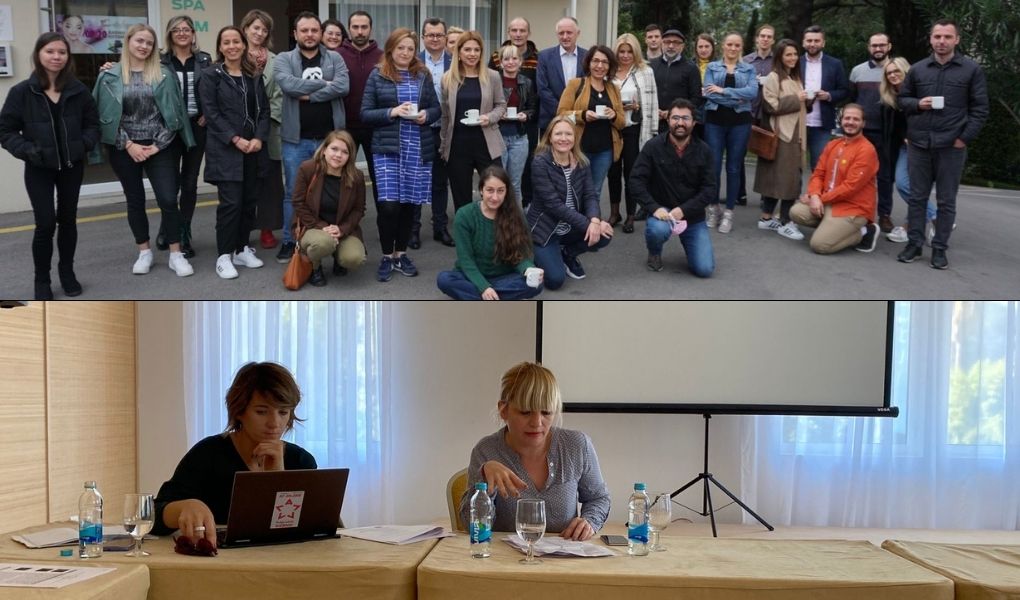

.jpg)